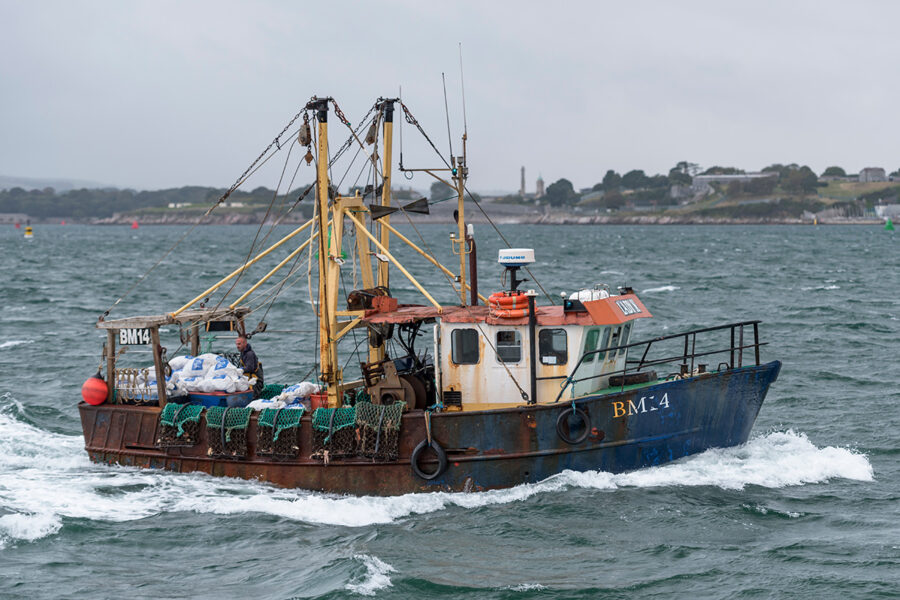There are likely to be increased management measures for under-15m scallopers following a Defra consultation.
The six-week consultation was carried out last year after discussion in the Scallop Industry Consultation Group, the Shellfish Industry Advisory Group and its species-specific sub-groups to develop a future management programme for non-quota species.
Almost 80% of those responding to the consultation agreed, to varying extents, that increased management measures for the under-15m fleet should be introduced to ensure the sustainability of scallop fisheries across the UK.
Those who expressed concerns about introducing more management measures for the under-15m fleet were either worried about their business being adversely affected, or that they would be over-regulated if further restrictions were applied, given existing measures in inshore areas.
Some 86% of respondents supported the need for improvements to management measures and better information relating to stock status and the impact of the fleet on scallop fisheries.
In its report on the outcome of the consultation, Defra said larger fishery organisations viewed regulating the under-15m fleet as a priority. This was mainly due to concerns that under-15m vessels could be directly impacting stock sustainability – and therefore the entire fleet’s profitability and viability – where they fish unregulated.
However, under-15m vessel owners contended that further restrictions would be detrimental to the economic viability of the fleet and their businesses.
It was generally agreed that imposing restrictions on the fleet exclusively in the Western Waters affected areas would be insufficient, as it would cause displacement elsewhere.
Many respondents also suggested that there should be a requirement to reform management of the over-15m fleet. Several respondents stated that they would have preferred the inclusion of Scottish data in the call for evidence to provide a wider UK perspective.
Answering questions about the size of the scallop fleet, five respondents noted that the 10m to 15m scallop fleet has been the fastest-growing part of the sector, and that this growth is likely to have an impact on the sustainability of the stock. Two other respondents suggested that the under-10m/12m fleet requires greater regulation, particularly in inshore areas.
Other respondents referenced a MMO report which noted that the over-15m fleet accounted for the majority of landings (2017). Another said that as technological advances have increased vessel efficiency, the entire scallop fleet is at maximum capacity.
One respondent stated that the scale of effort by the under-15m fleet is difficult to understand without monitoring devices such as IVMS/VMS.
Measures suggested for prioritisation included fitting IVMS/VMS/AIS to all vessels, capping catches for vessels of all sizes to levels no higher than the present limits, and rotational closures.
Defra said the responses to the consultation ‘highlighted concerns about the sustainability of scallop fisheries across the UK and significant support for the introduction of increased management measures for the under-15m scallop fleet’.
It said: “On the basis of the sustainability concerns highlighted, we will seek to develop a reformed regime, in collaboration with industry, that will apply to all scallop fishers.
“Given the differing opinions and perspectives regarding the preferred management approaches to adopt, we intend to work with industry through development of fisheries management plans to explore and then consult on wider reform and specific management measures.”
The full report can be viewed here.
This story was taken from the latest issue of Fishing News. For more up-to-date and in-depth reports on the UK and Irish commercial fishing sector, subscribe to Fishing News here or buy the latest single issue for just £3.30 here.








